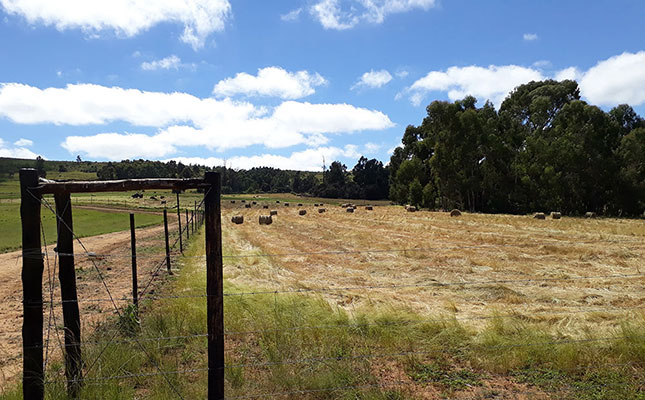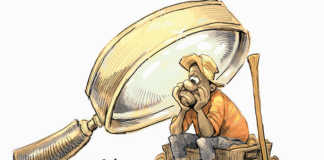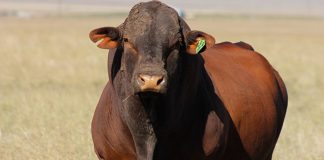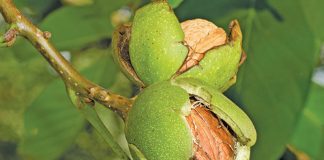
This has been a difficult year for South Africa’s farmers. In spite of the appointment of a dedicated minister for energy, load-shedding escalated during the year.
Farmers had to adapt to the uncertain power supply and invested millions in stand-by systems. Solar systems are not practical or affordable in all cases, and farmers had to spend a lot of money on fuel for standby systems.
Government’s attempts to enforce empowerment continued. New regulations for water licences that included black ownership as a prerequisite were published for comment.
Recently, the regulations for the use of specific export duty rebates were published. These included various black economic empowerment (BEE) requirements.
Public outcry against these led government to allege that it was normal and a requirement of the trade agreement. Agbiz got straight on to government about it.
Rise in rural crime
Rural crime has worsened. Stock theft and theft of farm requisites, as well as farm attacks continue. Police seem unable to stop illegal hunting on farmland and farmers know they face prosecution if they take the law into their own hands.
The poultry sector was hit hard by various outbreaks of avian influenza. More than eight million layers and broilers have already had to be culled. The rate of new infections is slowing down, mainly as a result of the decrease in poultry numbers in Gauteng and Mpumalanga.
Vaccines for several important diseases are unavailable or only available in small quantities. Many attempts to resuscitate Onderstepoort Biological Products have failed in the past.
Many private-sector companies who are able to manufacture and supply needed vaccines find it difficult to obtain registration.
Export-based industries also had a difficult year. Congestion and other problems at the harbours are limiting exports and adding to export cost. The citrus industry is facing more stringent rules for exports to the EU.
Outlook for 2024
Next year is an election year. The ruling party will use all the time until the election to try and influence the voters. We can expect more emphasis on high-profile BEE projects and talks about the inclusion of BEE requirements in new regulations.
The February budget will probably include increased social grants and higher taxes for the productive sectors of the economy.
In the last couple of years, we have seen a few cases of ‘kite-flying’ by government. They propose some extreme measure and then allow themselves to be negotiated down to what they actually wanted.
Farmers’ organisations like Agri SA, TLU SA and SAAI are actively engaged in trying to limit government’s attempts to get farmers to implement economic empowerment actions. While the style of the different organisations differ, they all have a role to play.
What is missing from this action is the voice of agribusiness. It is time for agribusiness to put its mouth where its money is.
If government were a company, it would have gone into voluntary liquidation long ago. Government income is not enough to cover the cost of government debt. It must loan money to pay the interest on existing loans.
Severe cuts to government spending, especially in terms of wages and salaries, are needed, but will unfortunately not happen in an election year. Increased government spending on infrastructure, health and educational services is needed.
Unfortunately, we will probably see less money being spent on these essential services in 2024. It seems as if interest rates have reached the high point of the current cycle and will decrease slightly in future.
Higher social grants will help many disadvantaged consumers to afford food. Lower agricultural product prices will in time result in slightly lower food inflation at the consumer level. Retail demand may thus recover slightly in 2024.
The global economy performed better than expected in 2023, and is expected to grow by 2,7% in 2024 and more than 3% in 2025. Global inflation has slowed down and will affect imported inflation.
Farmers have shown they are able to cope with the challenges and still provide food and fibre to the South African consumer, as well as employment and social services to their employees.
They do this with little support from government, and in many cases, in spite of government’s attempts to intervene.
Dr Koos Coetzee is an independent agricultural economist.










